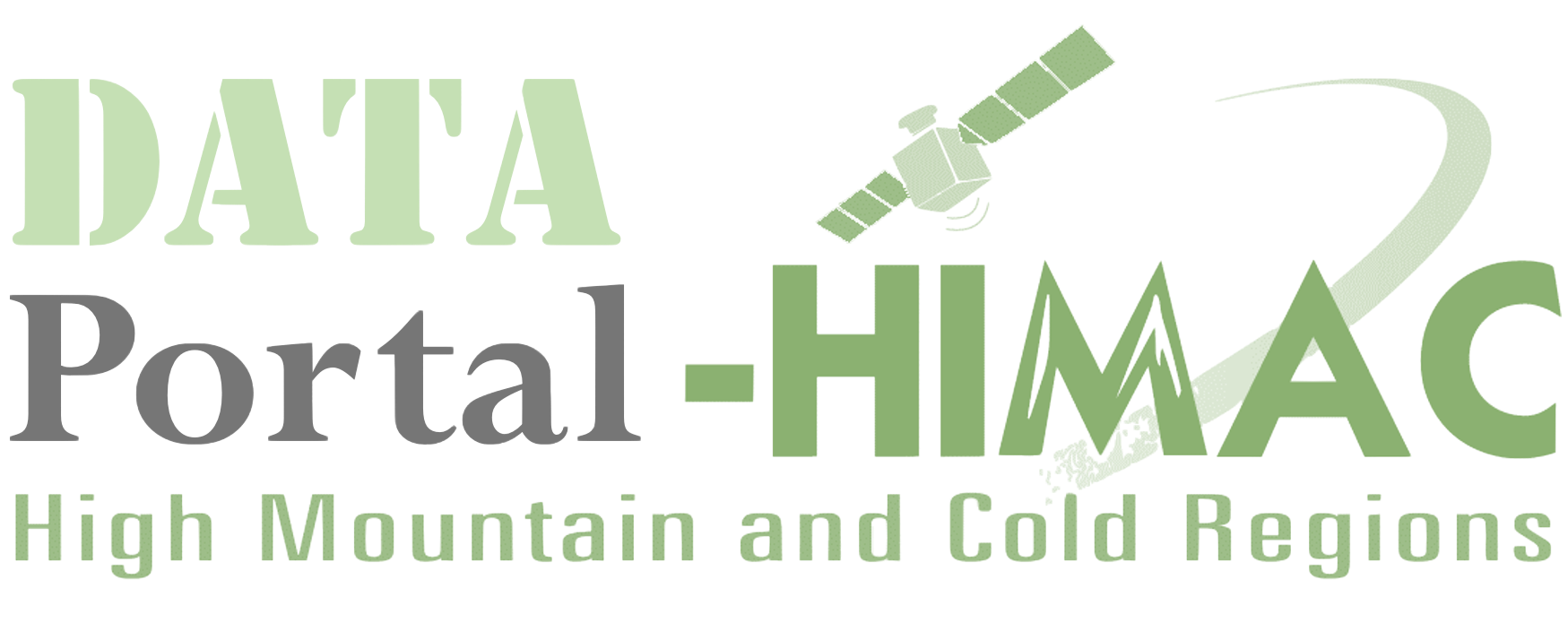You're currently viewing an old version of this dataset. To see the current version, click here.
IODP Bremen Core Repository
Data and Resources
Additional Info
| Field | Value |
|---|---|
| Source | https://www.marum.de/en/Research/IODP-Bremen-Core-Repository.html |
| Last Updated | May 26, 2021, 02:46 (UTC) |
| Created | October 25, 2020, 01:52 (UTC) |
| Country | Germany |
| Data Management | Data management performs the following functions: systematic capture and storage of data during MSP expeditions (offshore and onshore phases), using documented procedures, formats and standards using the 'Drilling Information System' (DIS) the generation of metadata (a description of the data and its content) quality control of the data security access to the data, initially by the expedition scientists only, and later by the scientific community, via the metadata archival of the data for the foreseeable future (PANGAEA, SEDIS, LDEO IODP Log Database) |
| Data Policy | In return, recipients of IODP samples or data incur obligations on their use and reporting of the science outcomes from research based on these samples or data. The use of all core materials, samples, and data are under the auspices of the IODP Curators and the IODP Curatorial Advisory Board (CAB). Specifically, the International Ocean Discovery Program, and encompassing all previous incarnations of scientific ocean drilling, ensures: 1. Availability of samples and data to Science Party members so they can fulfill the objectives of the drilling project(see Appendix A, Section 3.1 for definition) and their responsibilities to IODP. 2. Dissemination of the scientific findings of all IODP-related drilling activities to gain maximum scientific and public exposure. 3. Scientific community access to encourage scientific analyses over a wide range of research disciplines by providing samples and data. 4. Preservation of core and cutting materials as an archive for future description and observations, non-destructive analyses, and sampling. 5. Support for education and outreach related to the drilling program by providing IODP samples and data to educators, museums, and outreach officers. |
| Data Sharing Principle | Sample and data requesters fall into three classes; each group incurs its own particular obligation once a sample or data request has been approved and delivered: 1. Science Parties:A science party consists of all invited shipboard and shore-based expedition scientists, plus other scientists who have been approved by the shipboard Sample Allocation Committee (SAC; including the expedition's cochief scientists, expedition program manager, and curator) to work on expedition material and/or data during the IODP nominal moratorium period. Expedition samples and data are held under a one-year moratorium, to ensure that Science Party members receive priority access to samples and data. 2. Post-moratorium Researchers: These researchers, not part of the science party, may submit sample or data requests after the expedition's moratorium ends. 3. Educators and Outreach Officers: Grade school through university educators, museum educators, and curators of museum exhibits and/or collections may also request IODP sample and data, when sailing as part of the science party or post-moratorium, including professionals conducting outreach related to an expedition as an outreach officer or scientific ocean drilling in general. |
